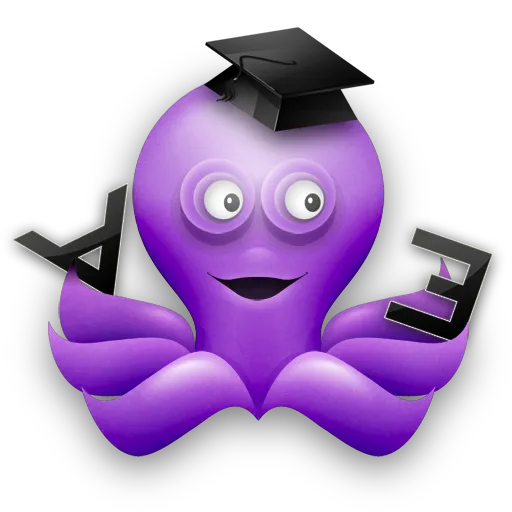Course Outline
Introduction to Computer Science 1: Programming and Computer Science

Introduction to Computer Science 1: Programming and Computer Science

| Professor | Dr K Darcy Otto |
| Title | Introduction to CS 1: Programming and Computer Science |
| Code | CS 2139 |
| Credits | 4 |
| Term | Fall 2024 |
| Times | Mon/Thurs 10h00–11h50 |
| Location | Dickinson 117 |
| Delivery | Fully in-person |
| Contact | |
| Office Hours | Mon/Thurs 15h30–16h30, or by appointment |
Have you ever imagined speaking in the language of computers, and transforming your ideas into actions that computers can perform? This course is a gateway to discovering the art and science of programming, a crucial skill that serves as the backbone of computer science. But computer science transcends mere programming. Our actual aim is to nurture your ability to think like a computer scientist.
Computer scientists approach and solve problems using computational thinking. This is an essential skill in the modern age. No prior programming experience is necessary, making this course an ideal starting point for anyone wanting to venture into the realm of computer science, including those from liberal arts backgrounds who want to explore the interplay of technology and society.
This course will introduce you to foundational concepts such as functions and abstractions, data structures, and algorithm complexity, using the Python language. These topics serve as the building blocks for computer science, and pave the way for more advanced topics in the field. Through your exploration, you will not only learn to distinguish what computer science offers as a field, but also gain valuable insights into cutting-edge advancements that are driving innovation and transforming our world.
This course is followed by Introduction to Computer Science 2: Algorithms and Application.
An overarching objective of this course is to help you develop as a student of the liberal arts. True students of the liberal arts are able to reflect on the context in which they live, and reason about what it means to live a meaningful and happy life. Thus, they are able to be more than just children of their own time. But this means we must be willing to put our ideas to the test, see our own errors, and develop intellectual courage and humility. It also helps not to take ourselves too seriously.
You may chose either Option A or Option B for a grading scheme. Option B adds a final project, and reduces the weight of the course meetings and oral examination.
| Check-in Meetings | 50% | Exercises |
| Oral Examination | 50% | Comprehensive |
| Check-in Meetings | 30% | Exercises |
| Oral Examination | 40% | Comprehensive |
| Final Project | 30% | Subject to approval |
Check-in Meetings: Several times during the term, you will meet me during office hours. I will ask you to show me your work from class, and you should be prepared to demonstrate and explain your exercise answers, as well as answer questions about concepts from the course.
Examination: The examination is comprehensive and will be a series of oral questions, related to the topics covered in the course.
Final Project: If you choose Option B, you will propose and complete a group project in coördination with the professor. A proposal must be approved in order to submit your final project.